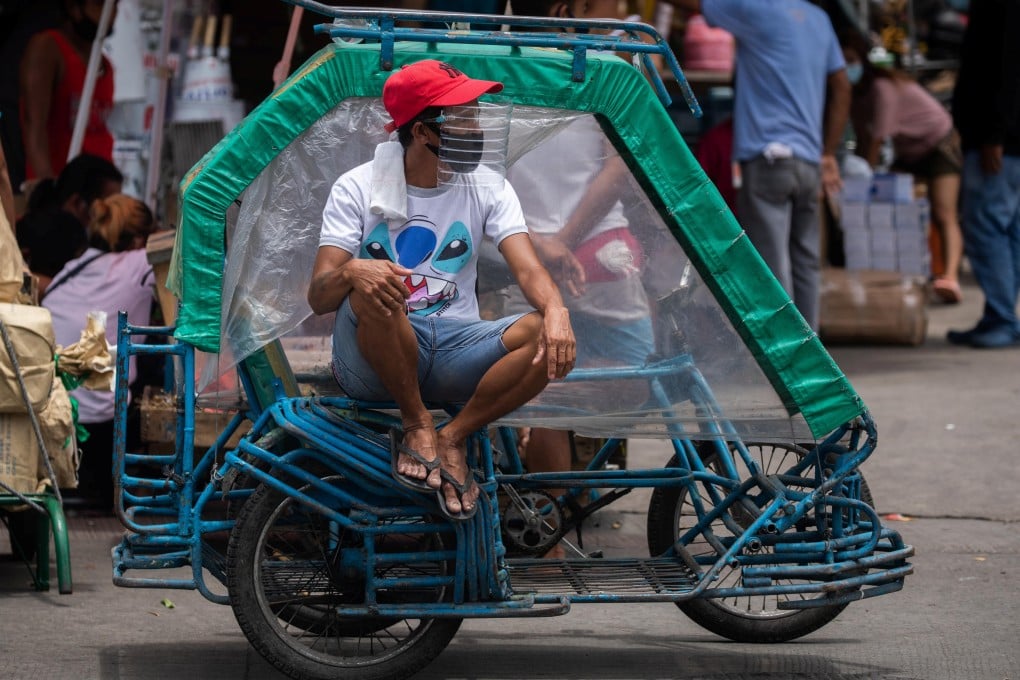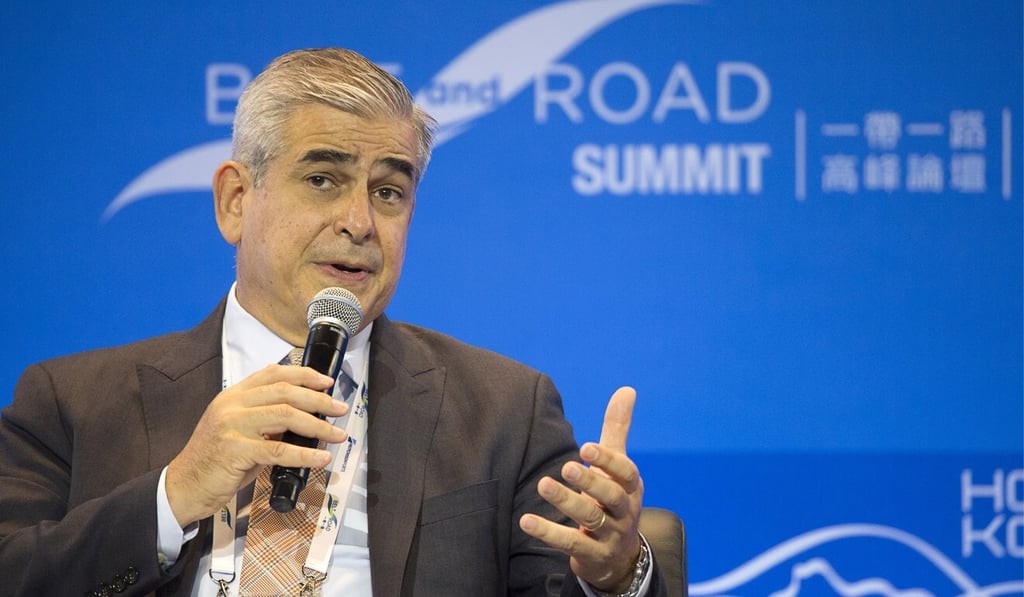Coronavirus has accelerated growing awareness of need for fairer capitalism, as businesses step up to help
- Businesses that had created bridges to their communities before the crisis were better prepared to deal with the impact of the pandemic
- Companies that see themselves as stewards of the wider ecosystem have generated reserves of public goodwill and will be better placed to bounce back post-crisis

Covid-19 has been a disaster for most businesses in Asia, as everywhere. But the epidemic has given some Asian companies a new-found sense of purpose. Interviews with Asia Business Council members have found the best Asian companies responding to the crisis by deepening community engagement, working intensively with government and civil society, and forgoing short-term profits.
The Ayala Group, a 185-year-old Philippine family conglomerate, owns a bank, supplies much of Metro Manila’s water, and runs the country’s second-largest telecom company as well as being a major property company.
Like other conglomerates, the government has often called on Ayala companies for help in the wake of volcanoes and deadly typhoons, prompting the Ayala Group in 2009 to join with other companies to create a natural disaster relief operations hub, the Philippines Disaster Resilience Foundation.
With that experience in mind, when the pandemic hit, the Ayala team knew it had to protect what it called the ecosystem: employees, informal workers, small businesses that make money from their dealings with Ayala Group businesses, and the urban poor.
Businesses got rent waivers while employees and informal workers all got salaries in lockdown; the company’s construction arm converted public spaces to Covid-19 testing facilities. All told, the Ayala Group’s contributions totalled about 9 billion pesos (US$181 million).

